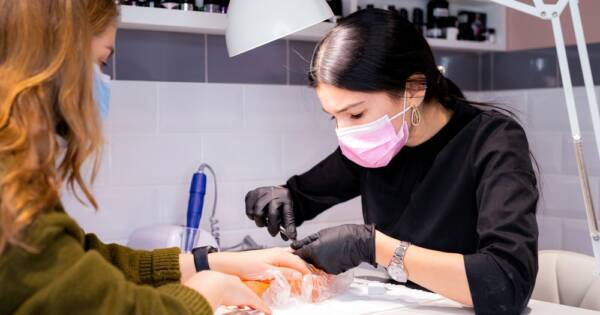With a thriving demand for Physical Therapist Assistants, comprehending the nuances of PTA educational programs is essential for aspiring professionals. From varying program durations and rigorous accreditation standards to the vital hands-on clinical training component, each aspect is crucial in shaping competent PTAs. Entry requirements and career readiness play significant roles in pursuing these rewarding roles. Embarking on this journey offers immense potential for contributing to patient care and professional growth.
Understanding Physical Therapy Assistant Programs
The demand for skilled Physical Therapist Assistants (PTAs) has been on the rise, with projected job growth of 19% from 2023 to 2033 indicating a robust market for new practitioners. PTAs play a crucial role in assisting physical therapists and promoting patient recovery through rehabilitative care. Educational programs aimed at preparing PTAs vary in duration but generally encompass essential coursework, clinical experience, and rigorous examination requirements.
Program Duration and Structure
The timeline for completing a Physical Therapist Assistant program can vary significantly between institutions. At Nebraska Methodist College, the PTA Associate’s Degree program spans approximately 21 months and combines classroom instruction with extensive clinical practice to ensure comprehensive learning. In contrast, Florida SouthWestern State College offers a 14-month intensive program beginning in January, structured across 3.5 semesters of full-time study with a focus on foundational competencies.
Accreditation and Educational Standards
Programs are typically accredited by the Commission on Accreditation in Physical Therapy Education (CAPTE), guaranteeing that the curriculum meets high standards necessary for professional practice. For instance, the PTA program at Florida SouthWestern State College is CAPTE-accredited. This accreditation assures students of a quality education aligned with industry expectations.
Practical and Clinical Training
Practical training is a vital component of PTA programs. Nebraska Methodist College’s curriculum includes 710 hours of clinical exposure across various specialties and settings to prepare students for real-world scenarios. In comparison, South University West Palm Beach incorporates both integrated and terminal clinical experiences, wherein students engage in hands-on learning within diverse healthcare facilities to hone their clinical skills.
Admission Requirements and Career Readiness
Admission requirements are competitive and vary by institution. Prospective students need to fulfil prerequisites such as coursework in science and general education, along with clinical observations. South University requires a 2.75 CGPA in prerequisite courses and emphasizes technical and interpersonal skills necessary for success in the field. Upon completion, graduates are poised for entry-level positions and must pass the National Physical Therapy Exam (NPTE) to practice as licensed professionals.
Continued Professional Development
Beyond initial certification, ongoing professional development is encouraged. Many programs offer additional certifications and continuing education for alumni. At Nebraska Methodist College, graduates can access discounts on further education, enhancing their marketability in a competitive job market.
Why You Should Learn More About PTAs Today
Pursuing a career as a Physical Therapy Assistant offers an opportunity to make a meaningful difference in patients’ lives while entering a field with promising growth prospects. Understanding the different program timelines, admission requirements, and educational standards is crucial for making informed decisions about one’s career path. With numerous accredited PTA programs available, future PTAs can explore various educational avenues and select the one that best aligns with their career goals and personal circumstances. For more in-depth knowledge, reviewing specific program offerings and the roles PTAs fulfill in various healthcare settings can be an enriching step forward.
Sources
Program Details and Accreditation



